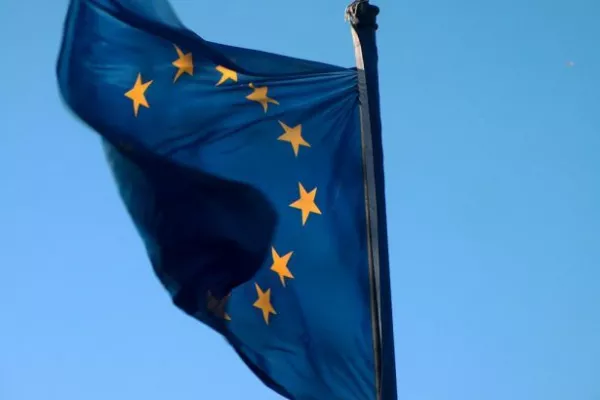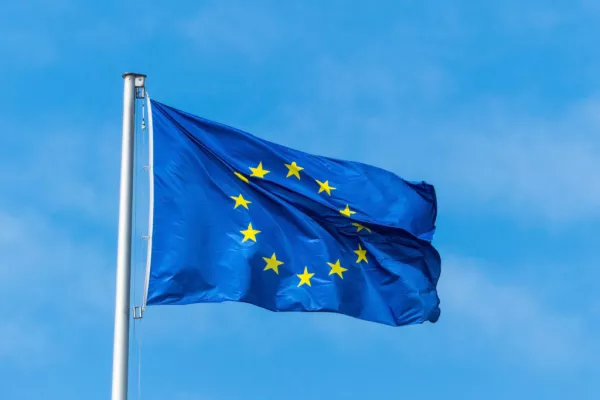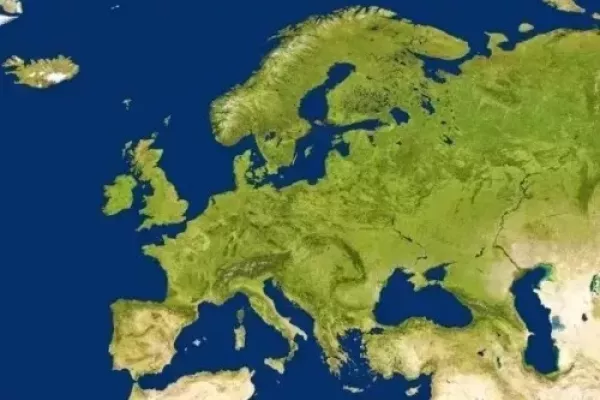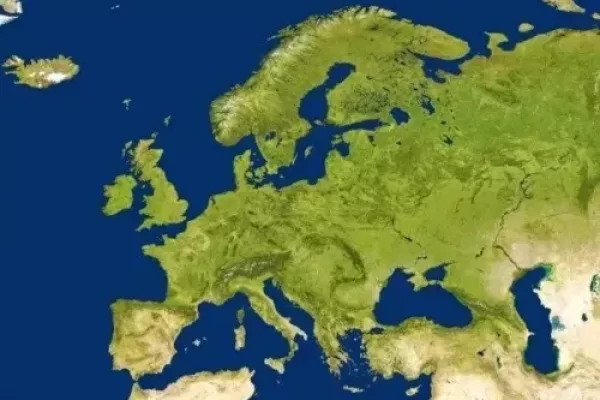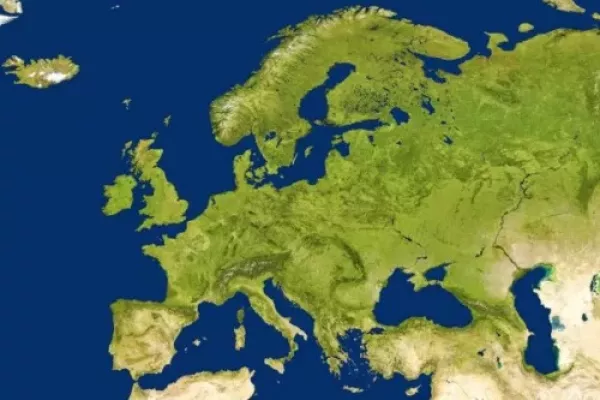Beset by the refugee crisis and fears of terrorism, the European Union floated plans to stiffen its external border controls for Europeans and non-Europeans alike.
EU governments will tighten up on passport checks at airports and land and sea entry points, backed up by an EU-flagged border patrol that can intervene in emergencies as when refugees overwhelmed Greece's islands this year.
Higher barriers at the outer borders are meant to preserve the “Schengen” system of passport-free travel between 26 European countries, which makes trips between them like driving or flying between American states.
"The crisis has exposed clear weaknesses and gaps,” European Commission Vice President Frans Timmermans said in a statement Tuesday in Strasbourg, France. “It is now time to move to a truly integrated system of border management.”
Europeans who are used to briefly flashing their passports on arrival in the Schengen zone will undergo a full identity check and database matchup, a procedure currently limited to non-Europeans.
Routinely seen as one of Europe's greatest achievements, the internal no-passport system was strained by the march of refugees from the Balkans into western Europe, leading five countries to temporarily reinstate passport checks at some crossings.
The passport-free zone unites 22 EU countries with four on the outside, with the island nations of Britain and Ireland as the notable exceptions.
The stiffer external controls could catch EU passport- holders - like the French-born perpetrators of the Nov. 13 mass murders in Paris - who were indoctrinated and trained as jihadists in Syria.
The most controversial part of the proposals, which require approval by EU governments and the European Parliament, is to empower a future European Border and Coast Guard to deploy over a country’s objections.
Greece put the current, voluntary arrangements on trial this year by balking at EU-run border patrols. It gave in earlier this month after being threatened with expulsion from the passport-free zone.
An EU-flagged border patrol would be forced on recalcitrant countries only as a “last resort,” the commission said. It would draw on a “vulnerability assessment” and recommendations from national representatives.
The border guard would have a full-time staff of 1,000, twice as many as an existing agency, and would draw on 1,500 officers put on permanent standby by the bloc’s 28 governments.
The border guard’s size and budget - €238 million in 2016, rising to €322 million in 2020 - emphasised its coordinating role, with the actual policing done by national governments.
The European agency will play a role in expelling migrants deemed ineligible to enter Europe, and to issue new ID cards to prevent them from trying again.
News by Bloomberg, edited by Hospitality Ireland
